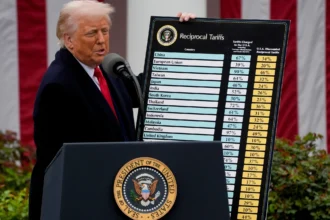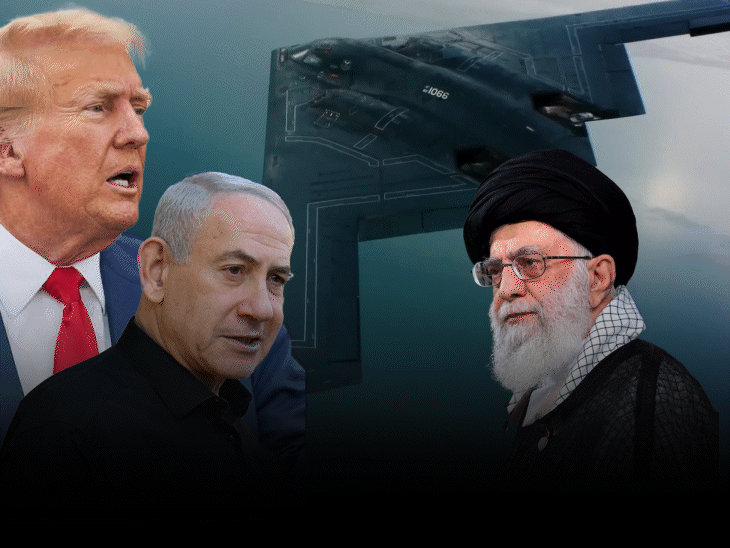The question of whether the United States can fully trust Israeli Prime Minister Benjamin Netanyahu is complex and increasingly debated in diplomatic, political, and military circles. As the Middle East faces heightened instability, Netanyahu’s influence and decisions weigh heavily on U.S. strategic interests—and not everyone in Washington sees him as a completely reliable partner.
A Longstanding Ally — with Friction
Israel and the U.S. have shared a deep alliance rooted in mutual democratic values, intelligence sharing, and military cooperation. Netanyahu, during his long political career, has worked closely with several U.S. presidents. But over the years, that trust has been tested:
- His 2015 speech to Congress, criticizing the Obama administration’s Iran nuclear deal, was seen by many as an attempt to interfere in U.S. foreign policy.
- Under Trump, Netanyahu enjoyed a highly supportive relationship, but even then, strategic differences emerged behind closed doors.
- President Biden’s administration has kept a more measured tone, often pushing back on Israel’s domestic and foreign policy under Netanyahu.
Unilateralism and Political Motives
Netanyahu is known for putting Israel’s security first, but critics argue he often does so in ways that ignore or sidestep American diplomatic efforts. This has led to concerns in Washington that:
- He may act unilaterally in attacking Iran or Hezbollah without U.S. consultation.
- He is using external conflict as a political tool to solidify power at home.
- His close ties with controversial far-right figures in Israel’s government complicate U.S. support for peace efforts.
Intelligence and Strategic Coordination
Despite political mistrust, U.S.–Israel intelligence ties remain extremely close. Netanyahu has played a key role in anti-terror operations and cyber defense collaboration. Yet, U.S. officials have occasionally expressed frustration with lack of transparency or being blindsided by Israeli actions in Syria, Gaza, or Lebanon.
Final Assessment
The U.S. can work with Netanyahu—but with caution. He is a calculated and often unpredictable leader who prioritizes Israeli interests above all else, even if it means testing the limits of U.S. trust. For American policymakers, the key challenge is managing the alliance so that shared security goals are met—without being drawn into conflicts that may not align with long-term U.S. strategy.
Trust, in this case, is not binary. It’s conditional, strategic, and dependent on how well both nations can coordinate under pressure.














